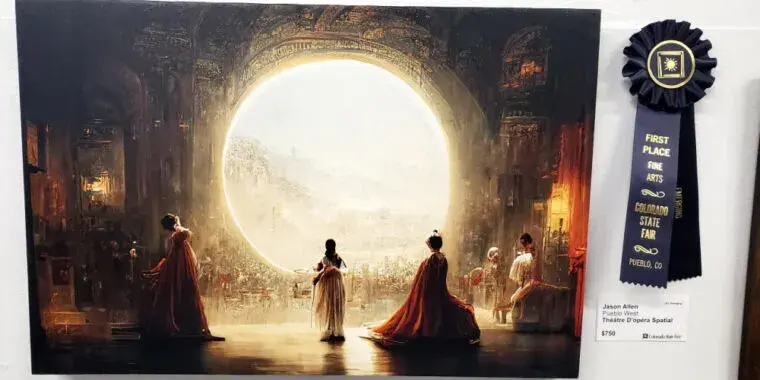

This isn’t true with AI generators. You can absolutely draw in a shitty stick figure with the pose you want and it’ll transform that into a proper artwork with the person in that pose. There are tons and tons of ways to manipulate the the output.
And again, we give copyright to artists that incorporate randomness into their art. If I throw darts at paint filled balloons I get to copyright the output. It would be absolutely impossible to replicate that piece and I only have vague control over the results.




My experience from watching lockpicking lawyer is that locks are just social niceties that tell others ‘please don’t go here’ and have no real ability to stop anyone who doesn’t care. Other than the owner who gets locked out by forgetting their own key of course.